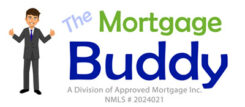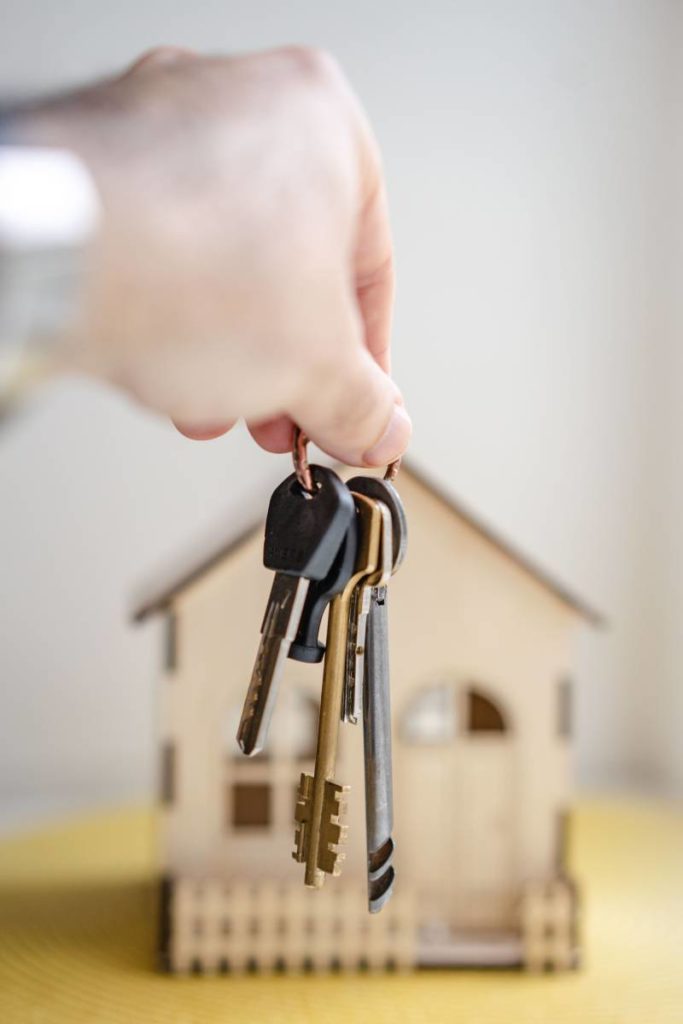Buying a home for the first time can be an overwhelming process, and that extends to securing a mortgage loan. You may be faced with unfamiliar terminology, but it isn’t as complicated as it sounds! Here are some of the most common questions about mortgages asked by potential homebuyers. Understanding the steps will help you stay organized and have the best chance at being approved for a mortgage with the lowest interest possible.
1. How long does it take to get a mortgage?
A top mortgage lender should be able to get a loan financed within 30-45 days of application. Ask your lender how long their average loan process takes from start to finish.
Keep in mind that there are lots of reasons for a delayed closing. The best thing you can do to help your approval along is to have all requested documents ready and available for your lender.
2. Do I need to get pre-approved before I start house hunting?
You do not have to be pre-approved before you start looking at houses but it can save you a lot of time and stress. Mortgage loan pre-approval means you know which homes are in your budget, and lets sellers know that you are prepared and motivated.
3. What is APR?
APR stands for Annual Percentage Rate. APR combines the interest rate of your loan with any fees, loan points, and prepaid finance charges. APR is a good way to compare potential mortgage loans against each other, as it can give a fuller picture than looking at just the loan interest rate.
4. How much should I save for a down payment?
The recommended savings for a down payment on a home is 20% of the home’s value. You may be able to put down as low as 10% but your monthly mortgage will be greater and you will likely be required to pay mortgage insurance in order to protect the lender. A smaller deposit also means that the home will take longer to pay off.
5. Can I still get a mortgage with bad credit or a bankruptcy?
Poor credit can result in a denial, but not necessarily. Your mortgage lender will take a look at the entire picture of your financial situation before making a determination. Credit is one of the biggest determining factors in your loan approval, but it may be worth finding out how close you are to being approved.
A good credit score can help you get a better interest rate on a mortgage, and ensure you’re approved. Keep an eye on your credit score and do everything you can to get and keep your score up. If your credit score is already good, don’t open any new accounts or make any big purchases without talking to your lender first.
6. What is a bank appraisal?
A bank appraisal is a third-party assessment of a home’s value. Your lender will require this appraisal to ensure that the home’s value matches the selling price.
Unfortunately, a bank appraisal can hold up your mortgage approval, and it’s important to factor this possible delay into the buying process. Your mortgage may end up taking longer if it’s found that the home’s asking price doesn’t match the home’s actual value, or if the appraiser asks for repairs to be made before the loan can be approved. This is a normal part of the home buying process and will keep you from over-paying for your new home.
7. What does your mortgage payment cover?
Along with going towards the principal amount – the total cost of your home – your monthly mortgage payment also covers interest, homeowners insurance, property taxes, and mortgage insurance if you have it.
8. What are mortgage points?
Mortgage points, sometimes called discount points, are a one-time fee that you may choose to pay in return for a lower interest rate. Each mortgage point equals one percent of your loan total, and can drop your interest rate between one-eighth and one-quarter percent.
9. What is mortgage insurance?
Mortgage insurance is more likely to be required if your down payment is less than 20%. It is paid for by the home buyer. Mortgage insurance helps protect the lender if the buyer goes on to foreclose on the home. Mortgage insurance may allow a lender to provide a home loan to a buyer they otherwise would have had to decline.
10. What do closing costs include?
Closing costs refer to everything that needs to be paid for the loan to be complete. This varies from lender to lender but can include title insurance, origination fees, prepaid escrows and more. While the cost of closing varies, expect to pay approximately 2% to 3% of the home’s total value in closing fees.
We hope that this helps you understand the home loan process a bit more. Purchasing a home may feel daunting, but our expert lenders are here to help walk you through the mortgage process. Contact us today to get started!

